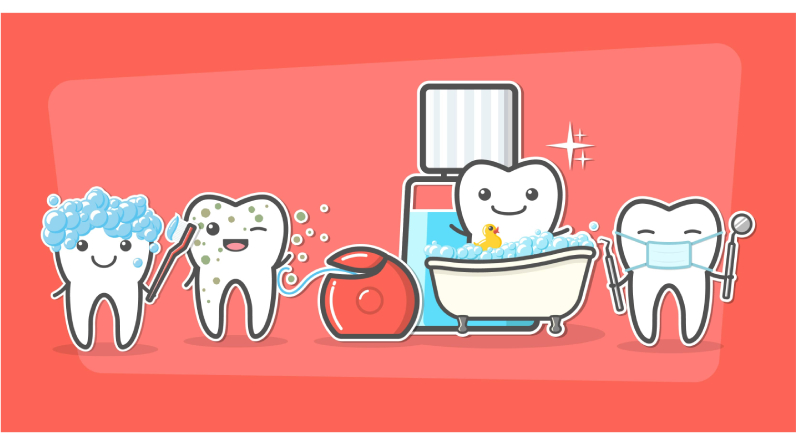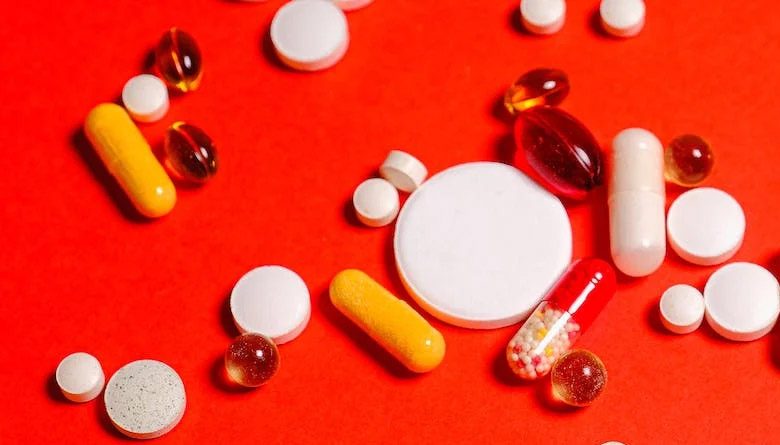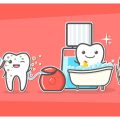It’s a common saying that until someone has a cavity, they take their teeth for granted. The severity of the issue is highlighted by this. It’s a common misconception that dentist visits are only helpful in avoiding discomfort. It actually improves our health in general.
The majority of Canadians have either had a cavity or had one treated at some point in their lives. Since many people treat themselves or choose not to treat at all, an accurate tally is impossible to obtain. Worryingly, approximately 11% of Canadians suffer from periodontal disease. And one-third of us admit to never having brushed our teeth.
Carbohydrates or sugars combined with debris left on the teeth cause dental decay, also known as cavities. Microorganisms, especially streptococcus, staphylococcus, and lactobacillus, thrive in these materials. Plaque is the name given to the sticky film of bacteria that forms on the surface of your teeth.
In order to survive, the bacteria in plaque produce acidic substances, which eat away at tooth enamel and eventually cause decay. The hardened form of plaque, known as tartar, is notoriously challenging to remove from teeth. Furthermore, periodontal disease can lead to inflammation and infection of the gums, worsening dental health.
Additionally, excess sugars and bacteria in the mouth can enter the blood stream through even minor damage to mouth tissues due to poor dental health. Inflammation and plaque formation in blood vessels and atherosclerosis from excess bacteria in the cardiovascular system are both risk factors for cardiovascular disease, stroke, and high blood pressure. Endocarditis (infection of the heart’s lining) can be brought on by the bacteria as well.
Diabetes is also associated. Poor dental health is associated with an increased risk for diabetes, and diabetes control can be compromised by poor dental health.

Additionally, if there are more bacteria in the mouth, those bacteria could be inhaled and cause pneumonia. Poor dental hygiene is associated with an increased risk of sleeping disorders, pancreatic cancer, oral cancer, and obesity, and it has been linked to premature birth and low birth weight in pregnant women. There also appears to be a correlation between mouth infections and Alzheimer’s disease symptoms, though the underlying mechanism is unclear.
Also Read :The Elite Group That Currently Controls The British Government And How To Get Rid Of Them
Medication can sometimes be the root cause of a cascade of health problems, including dental problems. A lack of saliva can prevent the removal of food particles, plaque, and bacteria from the teeth and gums, which can lead to dental problems if a drug that causes dry mouth is taken regularly. Antihistamines, decongestants, narcotic pain relievers, blood pressure medications, antidepressants, and medications used to control urinary incontinence are all examples.
A sugar-free hard candy, ice chips, water, or even an artificial saliva product can help you avoid this issue while you chew. Gingival hyperplasia, or the overgrowth of gum tissue, can be caused by certain medications, including phenytoin, cyclosporin, and calcium channel blockers like amlodipine and nifedipine, which can increase the risk of dental disease.
Smokers, those who consume sugary foods and drinks on a regular basis, those with diabetes, those with a personal or family history of dental issues, menopausal women, and those who suffer from acid reflux or chronic vomiting are all more likely to have poor dental health.
Dental hygiene is especially important for people at risk. Some of these risk factors can be reduced by eating a diet high in fruits and vegetables and low in sugary snacks and tobacco products.
Considering this, it’s clear that we need to prioritise our oral health. This calls for regular tooth brushing, ideally after each meal but at the very least in the morning and before bed. If you want to remove any debris that flossing has loosened, brush your teeth first. Floss picks and water flossers are two alternatives to traditional dental floss for removing food and plaque from between the teeth, but the goal remains the same. Maintaining good oral health is crucial to your overall health.










Leave a Reply